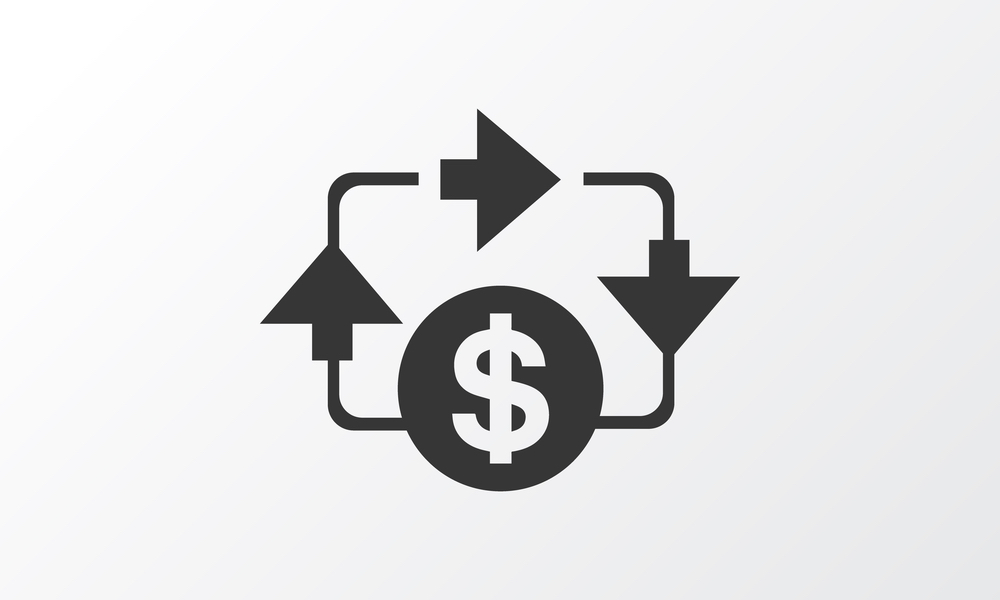
As we’ve seen during the COVID crisis, cash is the lifeblood of any business. Companies with enough available cash on hand are in a much better position to grow, take advantage of opportunities and – when necessary – weather a crisis or difficulties in the market.
Cash flow refers to the flow of money into and out of a company. Poor cash flow – and poor cash management – often causes ongoing stress for business owners and can result in the end of a business itself. In fact, two of the primary reasons business fail are:
- A lack of working capital, and
- An inability to manage cash flow.
A 2019 survey by Intuit QuickBooks found that the majority of small businesses surveyed worldwide (61%) were struggling with cash flow, and nearly a third (32%) were unable to pay vendors, pay back loans, pay themselves or their employees due to cash flow issues (and remember, this was before the challenges of COVID).
Therefore, cash flow management is a challenge for any company, but if you want to build a great business, it’s essential.
Challenges affecting cash flow
Setting up effective cash management practices is often especially challenging for new and for small businesses. Large companies usually have enough personnel available to set up, monitor and manage cash flow processes, but smaller businesses may not have a dedicated employee or team to do this.
Some of the primary challenges that can affect cash flow include:
- Delays in receipt of payment on client invoices.
- Problems managing accounts receivables and payables.
- Unnecessary spending (especially if purchases are followed by slow sales).
- Undervaluing products or services (low profit margins).
- Spending more time on projects than the hours you’re billing.
Last but certainly not least, cash flow problems are often caused by poor planning. Failing to budget for expenses or plan for large payments can result in a critical lack of resources before cash becomes available again. And if a crisis hits, you may not have enough cash to survive.
Three tips for better cash flow management
We’ve offered suggestions for improving cash flow in past posts, but here are some additional tips:
1. Effectively manage accounts payable and receivable
First, look at ways you can convert accounts receivable into cash more quickly, such as requiring a deposit or even full payment up front for goods or services whenever possible. You may also need to set up meticulous practices for following up on overdue invoices.
2. Budget and plan carefully
As noted above, planning for big expenses and potential shortfalls is critical to ensuring consistent cash flow. Forecasting can be challenging and it’s time-consuming if done manually, which is why many businesses turn to technology and software solutions.
The right accounting or payment software – such as Vend, Hubdoc or Futurli – can help you monitor your cash balances, create forecast cash flows, track inventory, better manage payments and strategically manage accounts payable and receivable. Some programs help send invoices and receive payments electronically, allowing for faster receipt of cash and better tracking of invoices.
3. Explore additional payment options
Making payments as easy as possible for your customers can mean faster cash on hand and fewer delays (and sometimes more sales, too). Accepting electronic payments is one way to allow customers to pay easily, and another option might be to offer customers a monthly retainer package instead of one-off products and services. You might also want to consider invoicing more often – for instance, instead of invoicing once a month, you could do billing on a bi-weekly basis. This helps ensure that there’s always cash in the business account.
With auto-invoicing and auto-billing – available through the kinds of software solutions referenced above – your system can send invoices out for you, as well as automatic reminders if payments are coming due soon or are late. With auto-billing, customers agree to be charged automatically on a recurring basis.
With careful planning and the right tools, any business can survive a short-term cash crunch. If you’re interested in learning more about how we can help your business forecast or improve its cash flow, contact the experts at Accru today.
 "
"